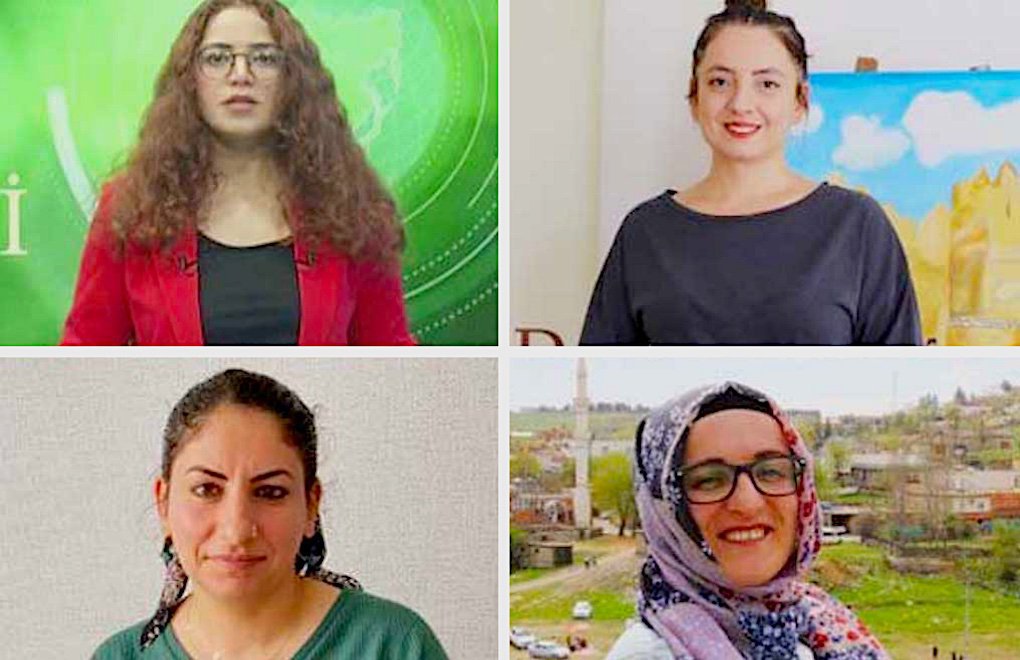Four female journalists who were arrested in June have gone on a hunger strike to draw attention to rights violations in Turkish prisons, the Stockholm Center for Freedom reported, citing the Bianet news website.
The four journalists — Safiye Alağaş, Neşe Toprak, Remziye Temel and Elif Üngür – said they were going on a five-day hunger strike in protest of strip-searches, the neglect of sick prisoners, the restriction of social activities and camera surveillance of prison cells.
They were among 16 Kurdish journalists who were arrested in June in Turkey’s southeastern Diyarbakır province on charges of membership in a terrorist organization.
Family members of some of the 16 arrestees had previously complained of being subjected to strip-searches. Gülsün Altan, the wife of journalist Serdar Altan, said she was subjected to such a search while visiting her husband.
The European Court of Human Rights has found strip-searches to constitute degrading treatment when not justified by compelling security reasons and/or due to the way they are conducted. But the practice has frequently been used by Turkish law enforcement against people suspected or convicted of political crimes.
Moreover, the annual report on the violation of human rights in Turkish prisons by the Diyarbakır Bar Association revealed that rights violations increased in 2021 and that prison conditions had worsened.
A total of 1,572 appeals were submitted to the Civil Society in the Penal System (CISST) complaining of mistreatment, torture and neglect in Turkish prisons between 2021 and 2022.
Prisoners have frequently complained of neglect and poor conditions. Some prisons do not have regular doctors or dentists, and it can take months for prisoners to be transferred to a hospital. Many female inmates complained that they were forced to undergo examinations in the hospital in the presence of male security officers. No exceptions were made for gynecological examinations, and female inmates often felt their privacy was violated and refused further examinations.



